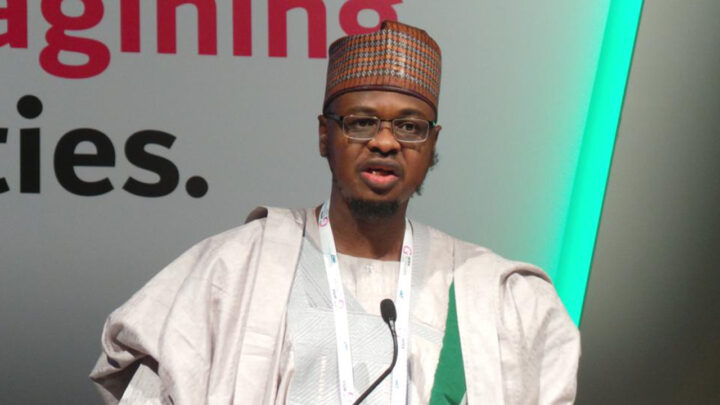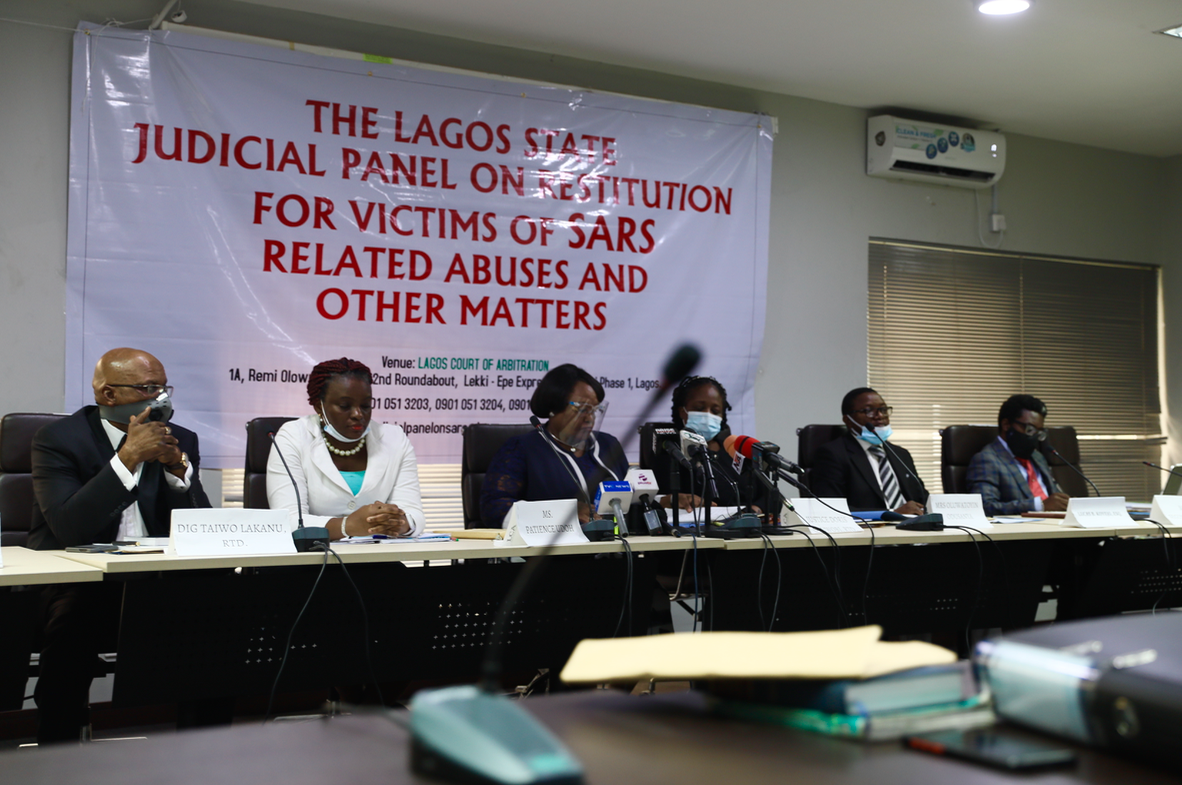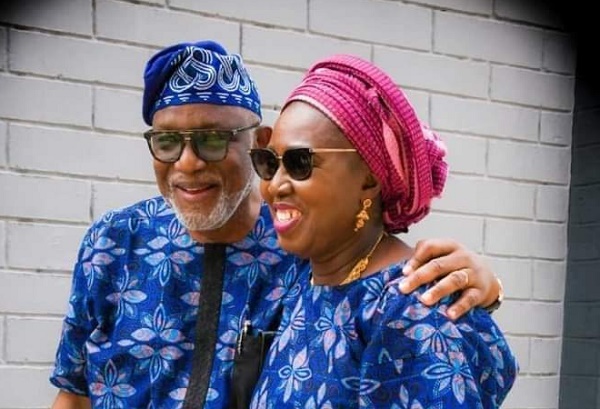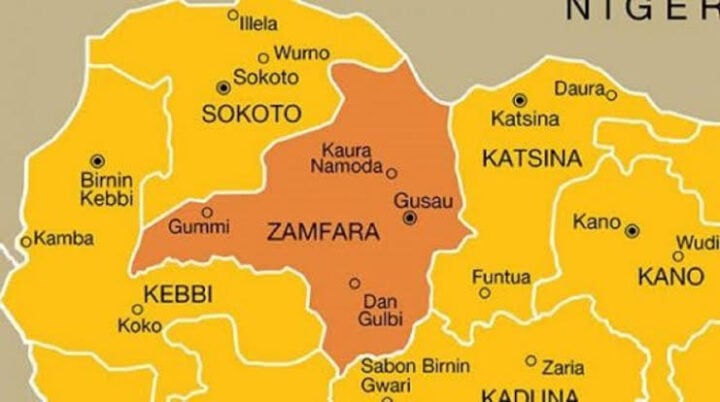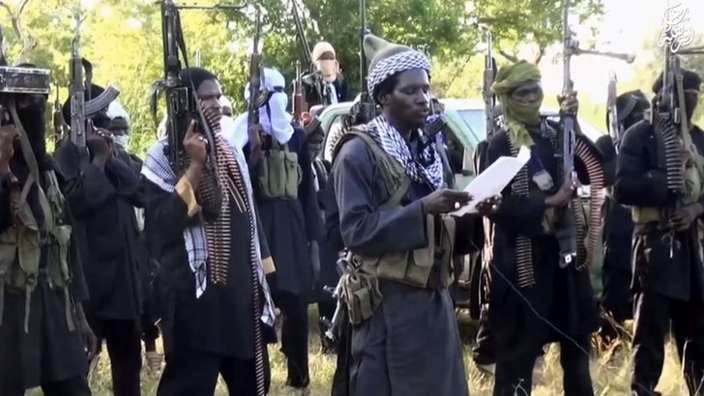BY LUKMAN ABDULRAZAK
It all began with a fake story. The Daily Independent newspaper broke the news, and then various online publications rushed to republish it. The minister of communications and digital economy, Isa Ali Pantami, it said, was on the terror watch-list of the US government, and alleged that he also had ties with the late Boko Haram founder, Mohammed Yusuf. No sooner had this claim become viral than the news sources began to retract the story, and tendered an apology to the subject. For those of us who’ve witnessed the minister’s evolution in the span of two decades this disrupted representation of his legacy came as a shock and smacked of unmistakable mischief.
The interest in the story wasn’t organic, and that reflected in the rush to dig out misleading video clips to flaunt as proof of the minister’s connections to Boko Haram. The social media users who have no understanding of even basic Hausa claimed the YouTube video was proof of close friendship between Pantami and the Boko Haram leader. For the Hausa-speaking demographic, the conversation was clear and the history and context quite understood: that was a famous series of debates between Pantami and Yusuf organised by northern scholars to oppose and neutralise Boko Haram.
Stripped of context, everything is utterly dangerous. And so is Pantami’s past as a commentator on Middle East politics who sympathised with the anti-American forces at the time even the non-Muslims were alarmed by America’s misguided invasion of the region. The young audiences of these characters who’ve sensationalised aspects of Pantami’s commentaries may never understand the polarisation of the Muslim world after the 9/11, 2001 terrorist attacks in the United States and I’ll attempt to provide a brief history of that era of anti-West sentiments and Islamophobia of which the clerical establishment in Northern Nigerian was immensely absorbed.
Advertisement
In the early 2000s, the world was dangerously divided and all camps embarked on propaganda warfare to discredit the other. After the 9/11 attacks in 2001, the whole Muslim world began to deal with the implication of the actions of a misguided group who waged a war against Bush-led America in the name of Islam. This mutual suspicion instigated a series of events that would change the world. In the West and the global media, this led to the hatred and targeted harassment of Muslims and the brewing Islamophobia wasn’t remotely veiled.
One interesting Hollywood movie, The Reluctant Fundamentalist—based on a Mohsin Hamid novel of the same title—captured the dilemma of the Muslim in that era quite accurately. Told from the point-of-view of a Princeton-trained Pakistani, Changez Khan, whose political consciousness began after the attacks on America, the story portrayed what it meant to be Muslim in that epicentre of Western values and ideals. Khan’s firsthand experience of post-9/11 Islamophobia triggered solidarity with his national and religious identities. It didn’t matter that he was previously unconscious of religion or the politics of it, and had enjoyed a starkly hedonistic life in the West.
In waging its war on terror, America struck Afghanistan, where it had been fighting the Taliban-led government and the Al-Qaeda forces the year before. Branded terrorist organisations by the UN security council, the Taliban, and the Al-Qaeda emerged from the ashes of post-Soviet civil war in which America played a key role. Throughout the 1980s, Washington and London financed and armed Afghan rebel forces known as the Mujahideen. This group, which leaned towards Islamic solidarity, attracted support and donations from the Muslim World. This era also activated the would-be global players in global terrorism, including Osama Bin Laden who participated in the Afghan war against the Soviets.
Advertisement
When America set its boots in the Middle East to pursue its perceived enemies, it triggered instant reactions beyond the Muslim World. The post-9/11 War on Terror was a justified defensive and offensive move, but it was widely opposed when it became a stretch of American expansionist agenda and began to photos and footage of animalisation of Middle Easterners began to energy, specifically the outrageous Abu Ghraib torture and prisoner abuse. Addressing the United Nations security council in 2003 to obtain legitimacy for its Middle East campaigns before the invasion of Saddam Hussein-led Iraq, the then US secretary of state, Colin Powell, said: “My colleagues, every statement I make today is backed up by sources, solid sources. These are not assertions. What we’re giving you are facts and conclusions based on solid intelligence.” That convincingly presented evidence turned out to be false and multiplied the critics of American intervention.
Operation Iraqi Freedom, therefore, turned to be a war waged based on concocted evidence, and it came with a huge cost: the destabilisation of a region and hundreds of thousands of deaths, including Saddam himself. That outcome of the operation radicalised the Muslim World and provided an excuse among the clerics to interpret the Middle East campaign as an attack on Islam. It got more complicated.
In northern Nigeria, where Pantami operated as a celebrity critic, there was well-deployed support for the anti-American forces and terrorist groups, including the Al-Qaeda and the Taliban. It’s also untrue that the sympathy for Osama Bin Laden, one of the masterminds of the 9/11 attack was a solely Salafi affair. It cut across other sects in the North because the American presence in the Middle East was framed as agenda to decimate Islam. It took a while before the region began to see Osama as the monster he was, and just as reprehensible as the Americans who perpetrated horror in Abu Ghraib prison and elsewhere during the operation.
Pantami, like the other clerics who held sway in that period, participated in commenting on the complexities of the Middle East politics based on solidarity with the Muslim interests but cherry-picking his utterances to nail him as a terrorist sympathiser is both dangerous and unfair. Of course, the global terror network took a dimension that has alarmed the world and drawn criticism from their erstwhile sympathisers, this doesn’t erase the excesses of the American military in the Middle East.
Advertisement
I agree with those who’ve asked the minister to clarify his past stance during the period and retract his positions where necessary for the sake of history, especially because of his new status as a public officeholder in a diverse country. But denying him the benefit of growth based on new ideas and information is an entirely different agenda. The same Pantami who participated in the Taliban-legitimising pastime in the north was also the loudest critic of the Boko Haram ideology and aided Nigeria’s deradicalisation strategies when it was dangerous to do so.
When Boko Haram began to evolve it took a dimension that shook even the much-dreaded Al-Qaeda. Since taking over leadership of the group, the bloodthirsty Abubakar Shekau intensified his brutalities, abducting schoolgirls, murdering schoolboys, and burning school buildings, that the Al-Qaeda had to criticise their tactics. The prime victims of Boko Haram’s brutalisation streak include some of Pantami’s contemporaries, including the mysteriously murdered celebrity clerics, Sheikh Ja’afar Mahmud Adam and Sheikh Muhammad Auwal Albani Zaria.
Like his murdered colleagues, Pantami too has faced death threats from Boko Haram. In a video released last February, Shekau reminded Pantami of the murder of Sheikh Ja’afar and order his allies anywhere to give the minister the Sheikh Ja’afar treatment whenever they come across him. This threat was triggered by the proposed policy of restricting the number of SIMs one can own to three and the more comprehensive national identity number.
The Boko Haram, according to experts, depend on messaging apps like WhatsApp to share photos and video clips of their vile acts, and that requires a mobile phone number for registration. Pantami who’s frustrated with their operations is definitely not their potential ally. So, as his past comes under scrutiny, what must never be underplayed is the context and chronology of his commentaries on terrorist operations over the years. Denying that he’s evolved into an essential tool who became the face of Nigeria’s doctrinal war against terrorism, is a telling giveaway that these coordinated attacks are sponsored and being managed by some sinister characters in the shadow.
Advertisement
Lukman Abdulrazak is a political science lecturer and public affairs analyst based in Abuja.
Advertisement
Add a comment
